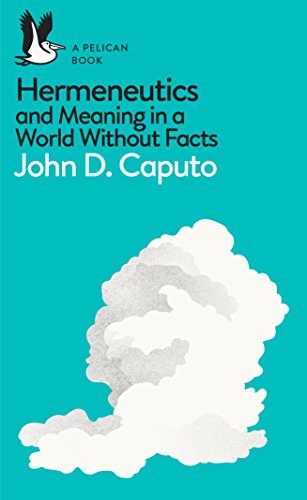Sublime
An inspiration engine for ideas
Foundationalism is the idea that we, scientists with nature or readers with texts, can find some place that will provide a dependable “basis” of firm, secure, incontrovertible “knowledge” on which we can then build systems of secondary values, beliefs, systems of thought or belief. Nonfoundationalists argue that no such place exists in the
... See moreDale B. Martin • Biblical Truths: The Meaning of Scripture in the Twenty-first Century
Matthew David Segall • Reflections on my dialogue with Peter Rollins
Truth, I will argue, cannot be kept confined to quarters inside what the Enlightenment called Reason, not because it is identified with an infinite God, as it was before modernity, but because it bears within itself a different sort of infinity, that of endless difference and diversification.
John D. Caputo • Truth: Philosophy in Transit
Deconstruction posited that all texts are unstable and irreducibly complex and that ever variable meanings are imputed by readers and observers.
Michiko Kakutani • The Death of Truth: Notes on Falsehood in the Age of Trump
the general idea that the world may be different from how we perceive it: to better understand the world, it may be necessary to radically revise our image of it.
Carlo Rovelli • Anaximander: And the Birth of Science
os “pós-modernos” vão atacar duas das mais importantes convicções que animavam os Modernos do século XVII ao XIX: aquela segundo a qual o ser humano seria o centro do mundo, o princípio de todos os valores morais e políticos; aquela que considera a razão um formidável poder libertador,
Luc Ferry • Aprender a viver: Filosofia para os novos tempos (Portuguese Edition)
Hermeneutics: Facts and Interpretation in the Age of Information (Pelican Books)
amazon.com
não existem fatos, apenas interpretações”: